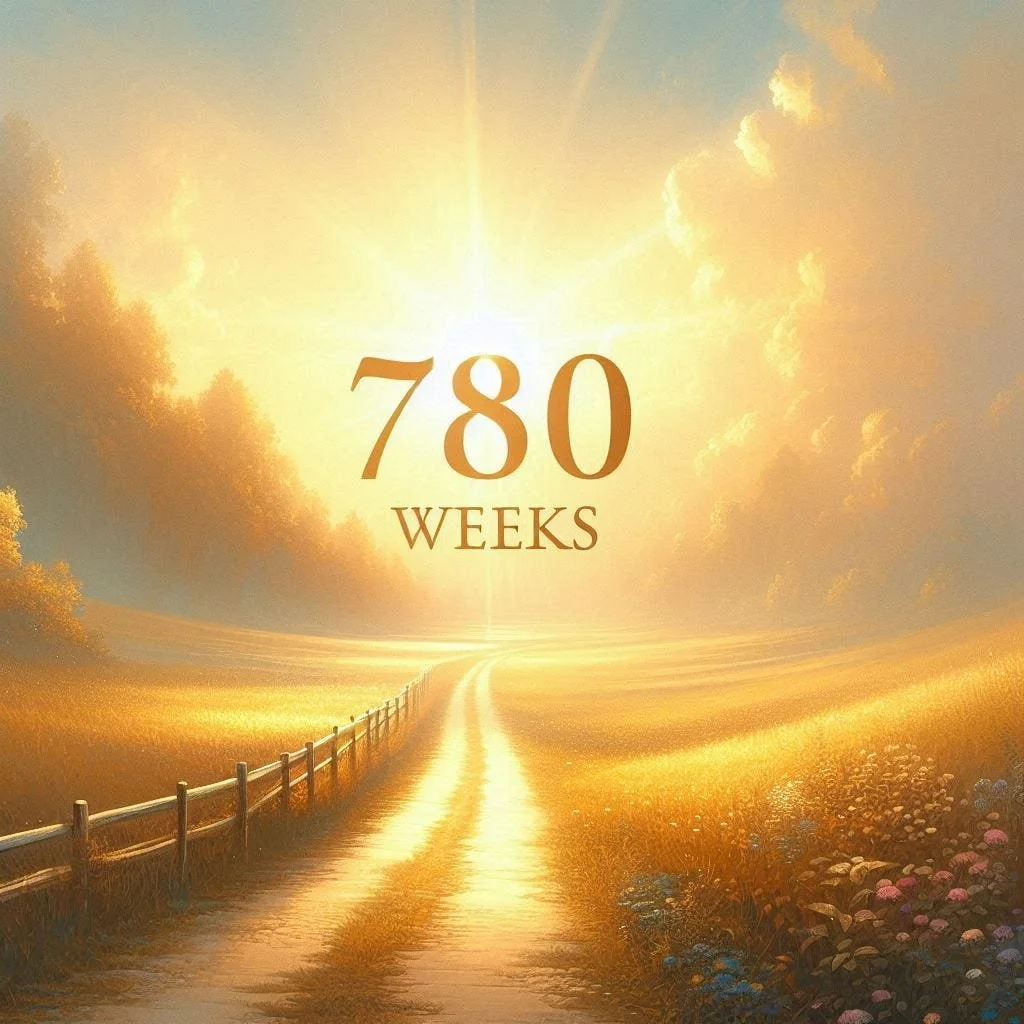I heard a couple of people say recently that they liked doing an activity because it helps to pass the time. That phrase stuck with me. Not in a good way.
It makes it sound as if time is something to get through. Something to endure. Like we don’t have any real purpose. I just don’t see it that way.
Here’s a number that’s been rattling around in my head lately: 3,900 weeks. That’s how long the average male lives in the United States – about 75 years. If you’re pushing 60, that means you’ve got maybe 780 weeks left. Give or take.
Time is a non-renewable resource. We don’t get more of it. We don’t get to rewind it. We will never be younger – or presumably healthier – than we are right now.
So why would we want to pass time?
At the same time, our energy reserves are finite. At the end of a long workday, our battery is on empty. Flipping on the TV and zoning out after dinner sounds pretty good, especially for those of us who are introverts and feel like we need to recharge.
But there’s a difference between recharging and passing (or killing) time.
Killing time is passive. It’s what we do when we’re bored, disengaged, or avoiding something. It’s scrolling endlessly, watching without watching, drifting. It’s time spent without intention.
Recharging is restorative. It’s a deliberate pause. It’s a walk in the woods. A quiet cup of tea. A nap that renews. It’s a sabbath. It’s the kind of rest that prepares us to re-enter life with clarity and purpose.
Both use time, but only one honors it.
Seneca once wrote, “It is not that we have a short time to live, but that we waste much of it.” That line hits hard. Because it’s not just about how much time we have. It’s about how we use it. And whether we treat it as sacred or disposable.
Scripture tells us to redeem the time and number our days, and it reminds us that everything has a time and season.
So maybe the deeper question is: How do I honor the time I have left?
Because time isn’t just a ticking clock. The author of time offers us the opportunity to do something with it. And we get to choose whether we drift through it or dwell in it.
